Computer History: From The Antikythera Mechanism To The Modern Era
In this article, we shed light on the most important moments in computer history, acknowledging the people that have contributed to this evolution.
Babbage's Analytical Engine, Ada Lovelace And Programming
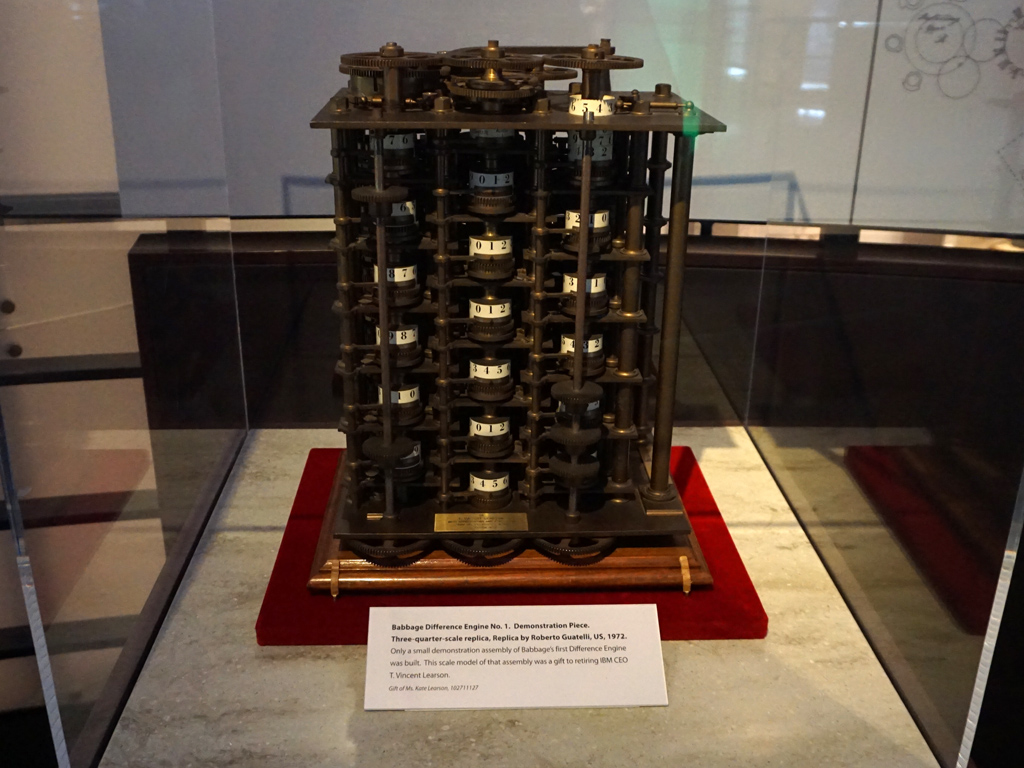
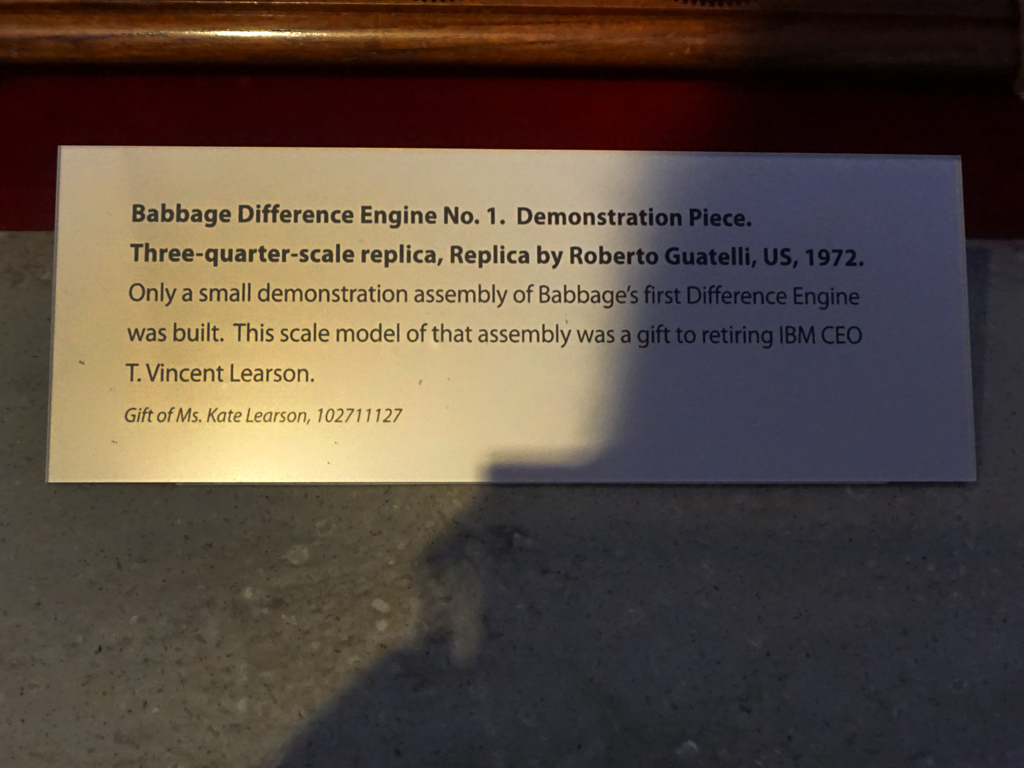
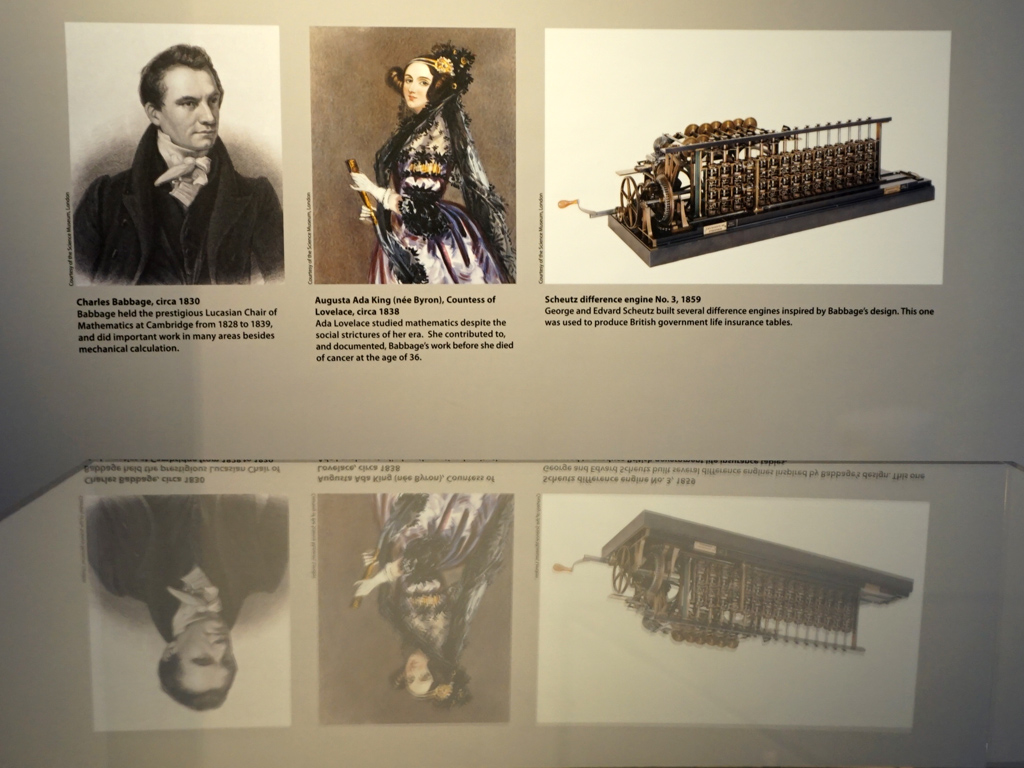
From the 16th century, when the first mechanical calculators were designed and built, we jump to the 18th century when an English mathematician, Charles Babbage, after many years of work on a difference engine eventually decided to abandon the project and instead design a more general-purpose analytical engine. This engine had an arithmetic logic unit, memory and utilized control flow. The structure of Babbage's analytical engine shares many similarities with today's computer design and this is why Babbage is considered a pioneer and the "father of the computer."
However, a computer is useless without a program and the first known programmer is Augusta Ada King, also known as Ada Lovelace, since she was the Countess of Lovelace. Ada Lovelace was the first to describe an algorithm that could compute the Bernoulli numbers on the Analytical Engine. Sadly, this engine, like the first that Babbage tried to build, was never completed, so Ada's code remained untested. We should also mention that one of the early computer languages was named after Ada. The language was created by the U.S. Army and was influenced by ALGOL 68 and Pascal, supporting multiple platforms.
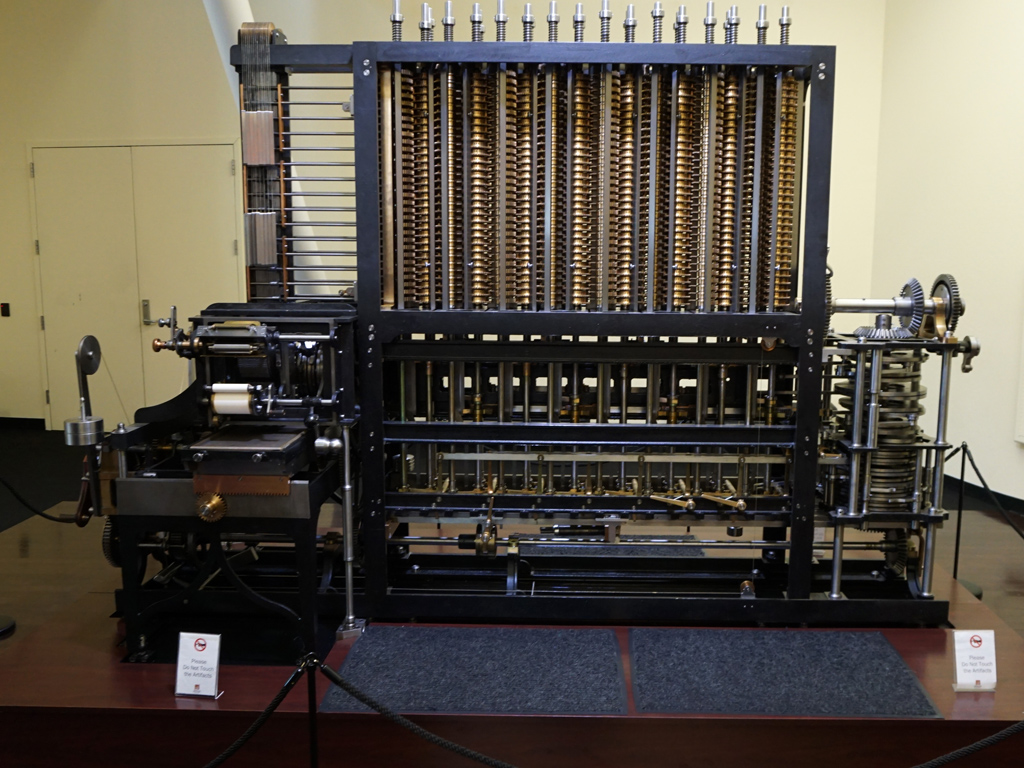
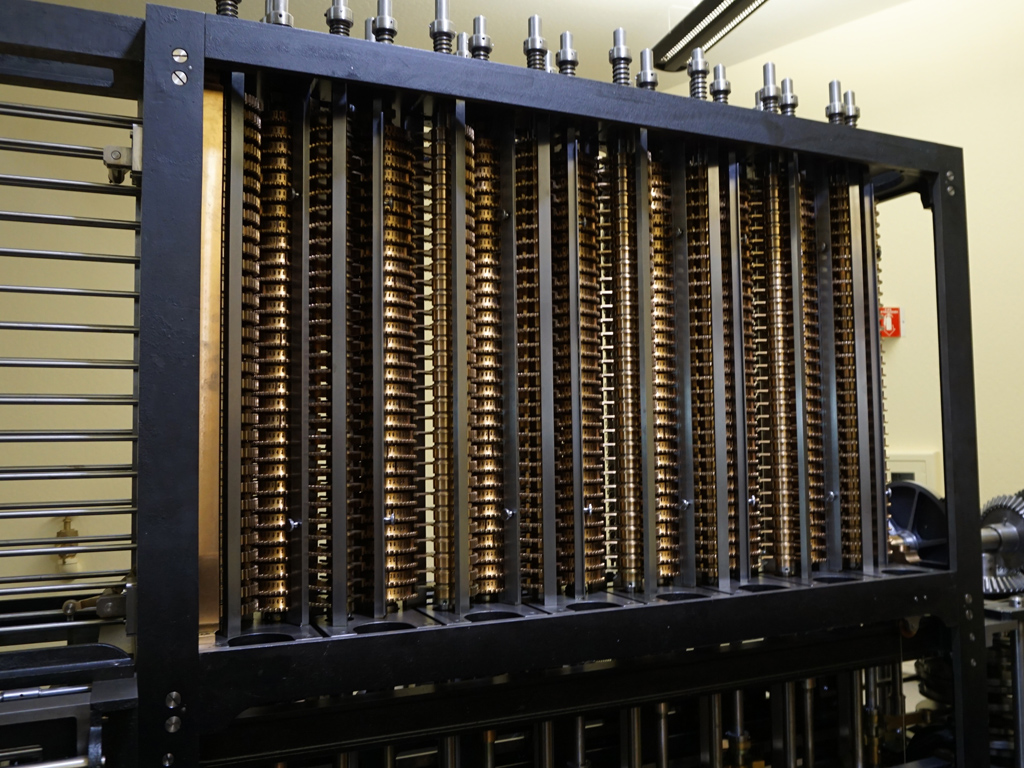
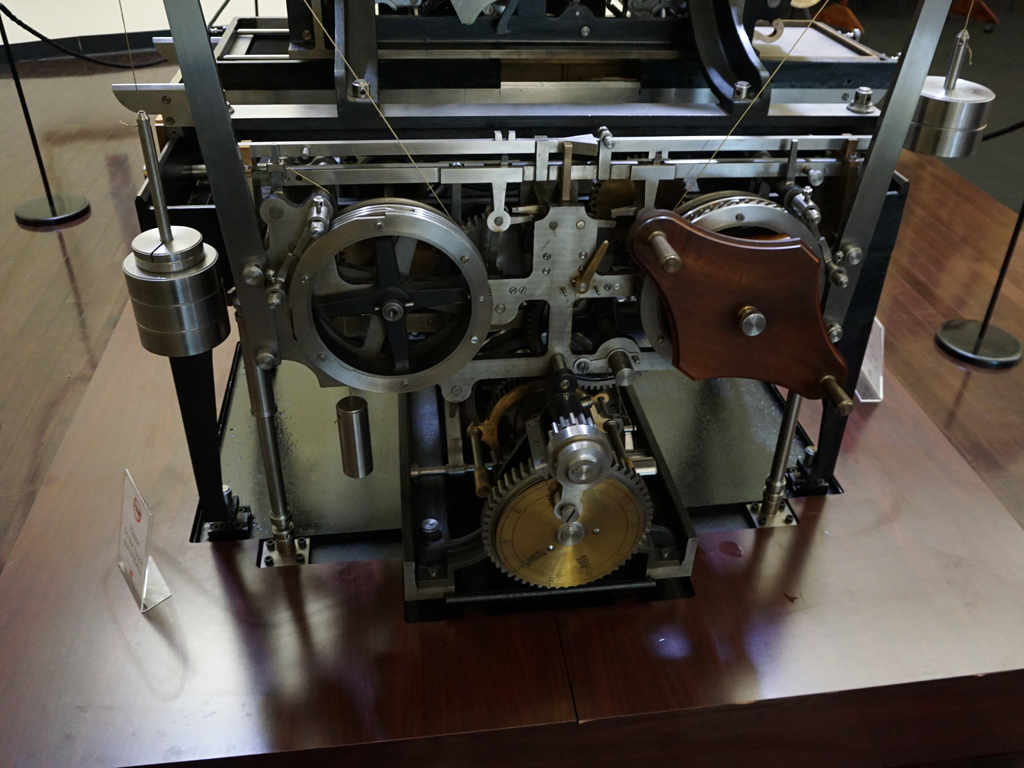
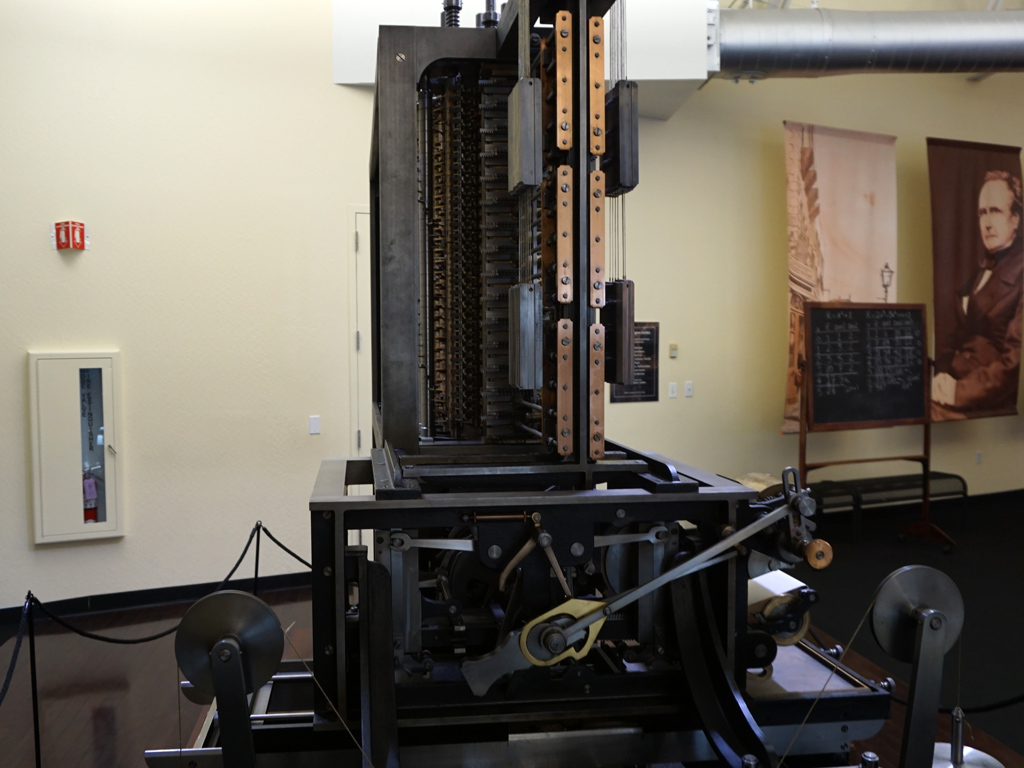
FORTRAN or FORmula TRANslator (now Fortran) was developed by IBM, and more specifically, by the programmer John Backus who worked at IBM during the 1950s. Fortran is considered the mother of all programming languages since so many derived from it. It is a popular language for high-performance supercomputers and almost six decades after its creation, Fortran is still alive and kicking, especially in scientific and engineering projects and applications. Today, only two things are still in use after so many decades: Fortran and the Boeing B-52 Stratofortress bombers!
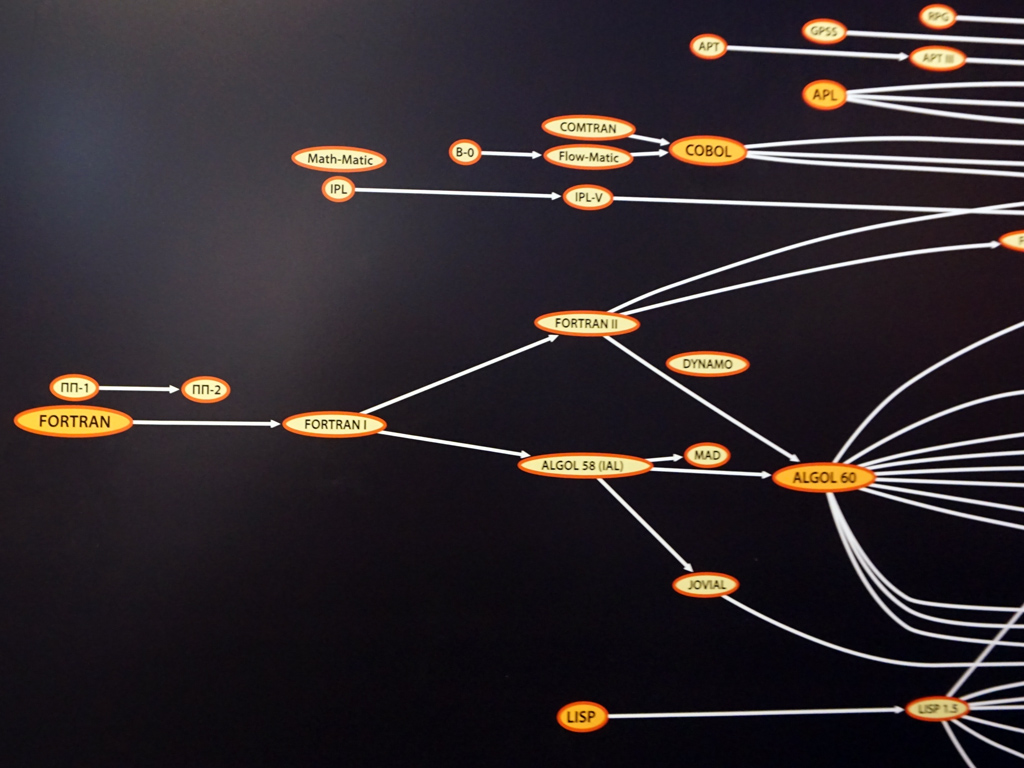
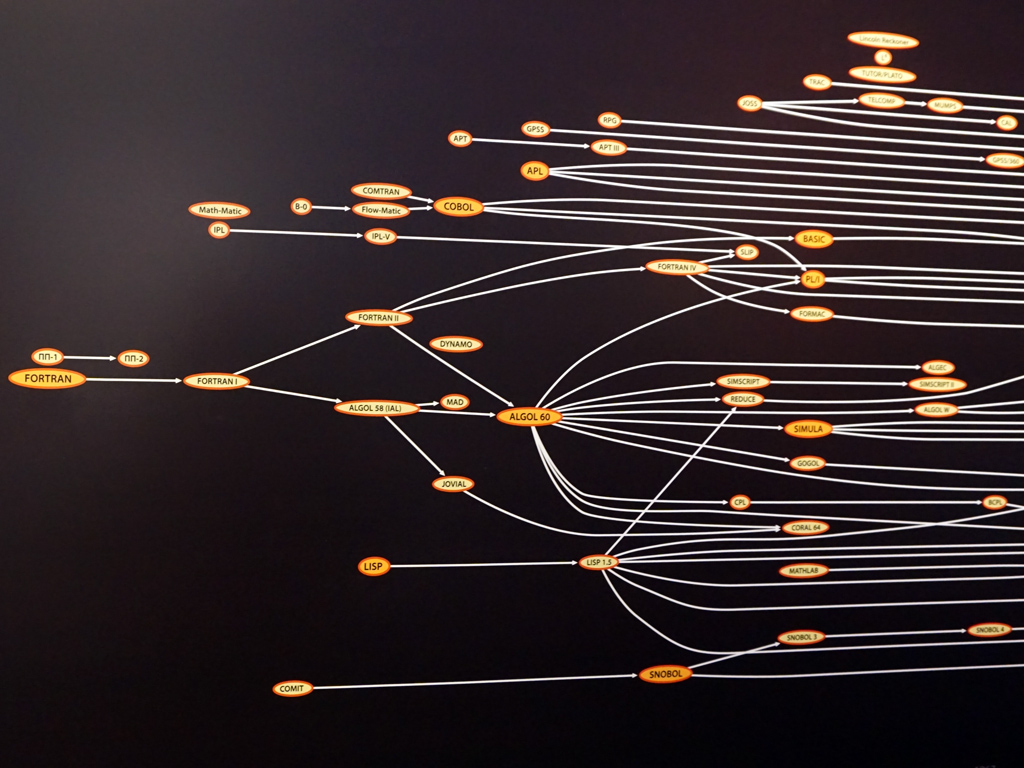
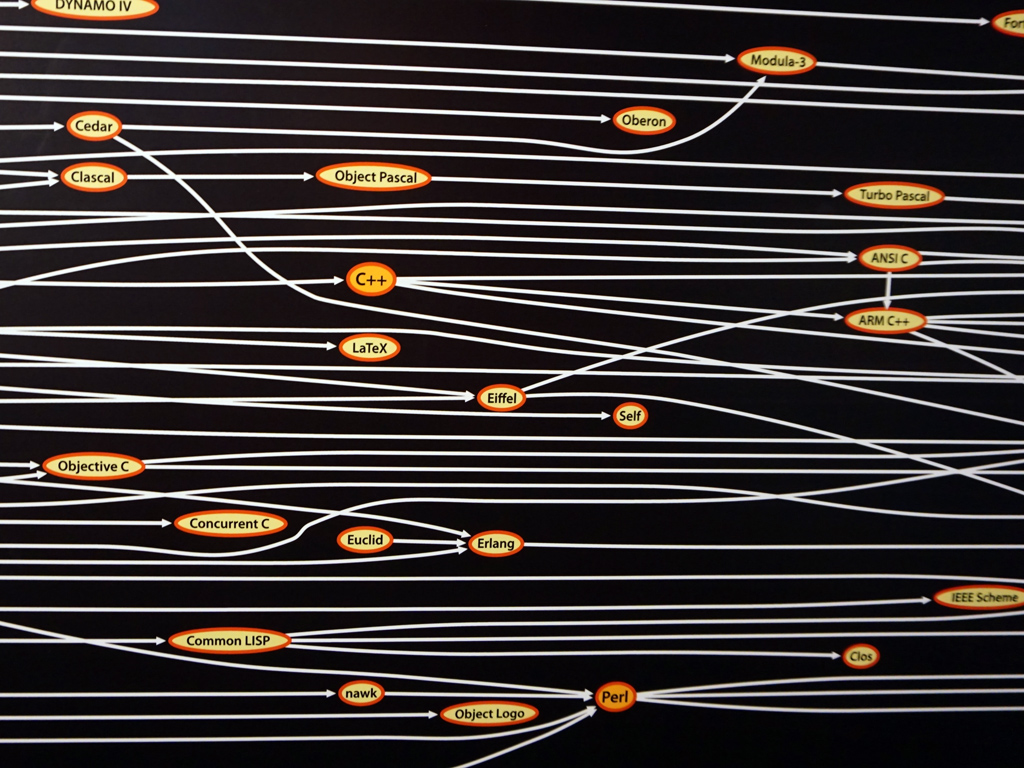
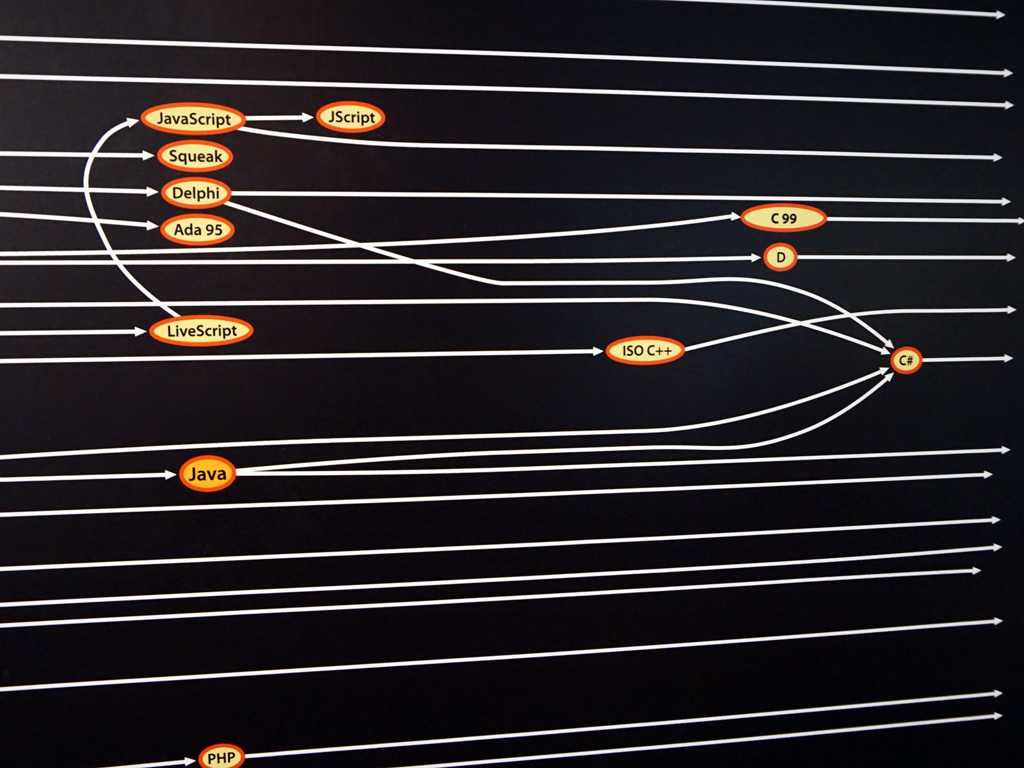
As you can see from the pictures above, the early versions of ALGOL derived from FORTRAN, so ADA was also influenced by this programming language.
MORE: Best CPUs
MORE: All CPU Content
Get Tom's Hardware's best news and in-depth reviews, straight to your inbox.
Current page: Babbage's Analytical Engine, Ada Lovelace And Programming
Prev Page The Pascaline And Other Early Calculators Next Page IBM In Its Early Years
Aris Mpitziopoulos is a contributing editor at Tom's Hardware, covering PSUs.